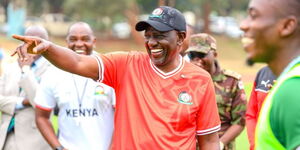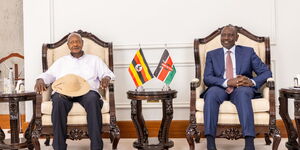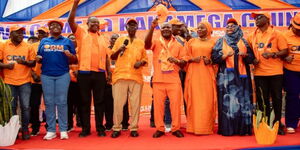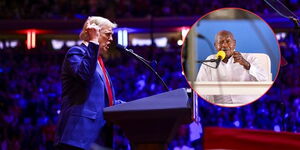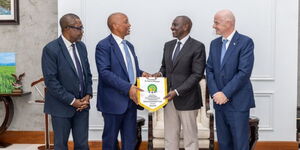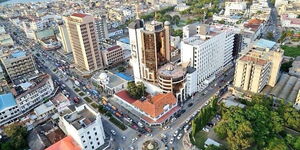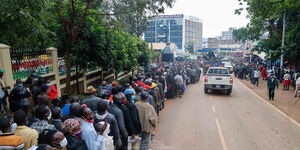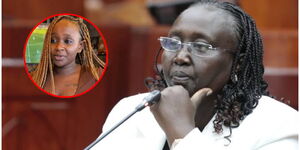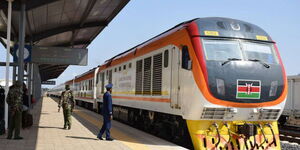After the acrimonious 2007 General Election, the country was teetering on the brink, with the two protagonists; ODM leader Raila Odinga and PNU's Mwai Kibaki locked in a bitter dispute that cascaded down to the populace, plunging the country into chaos.
In an effort to restore parity to a country that was tearing itself apart, a negotiations team lead by the late Koffi Annan, Tanzania's former and then sitting president Benjamin Mkapa and Jakaya Kikwete (respectively) tried to force an agreement between Kibaki and Odinga.
Raila wrote in his book The Flame of Freedom that tempers had been flaring between politicians from his side and those from Kibaki's side, forcing the lead negotiators to take the two leaders into a private room, away from the influences.
Odinga narrated that even when in the room with only five people, efforts to reconcile him to Kibaki were frustrated, as he stuck on to the narrative that PNU had lost the elections and was supposed to step aside, an idea that antagonized the negotiations.
"I said African democracy must come of age, and the days when incumbents refused to accept that they have lost elections must end. I asked Kibaki to accept the will of the people," he wrote.
These sentiments, he stated, ignited anger in Kibaki, who lashed out at all the leaders present, especially Kikwete who was a sitting president.
"The tension in the room was palpable. It was clear that Kikwete and Mkapa were not used to hearing a president addressed so bluntly," he narrated.
The opposition chief wrote that Kikwete then turned the guns on him and accused him of frustrating Kibaki and the efforts to reconcile them for the sake of the country.
"Kikwete and Mkapa pointed out that Kibaki was old enough to be my father and I should give him the respect he deserved according to the African traditions," he wrote.
The former PM recalled that immediately after the sagely but sharp warnings from the leaders, he cooled down, and the negotiations continued without much disruption.
It was on that day, February 28, 2008, that the National Accord and Reconciliation Act (2008) was signed, paving way for the Grand Coalition Government, bringing to an end the acrimonious post-election chaos.
Despite the deal, however, Annan confessed in 2012 through his book Interventions: A Life in War and Peace, that the victory did not feel too good for him.
"The deal was finally struck and was sealed by handshakes and signatures on the part of Kibaki and Odinga, but it did not feel triumphant.It had taken far too long,” he wrote.

